Loudspeaker ban: The sound of silence
Folk singers say ban on loudspeakers stifling festival, local music culture
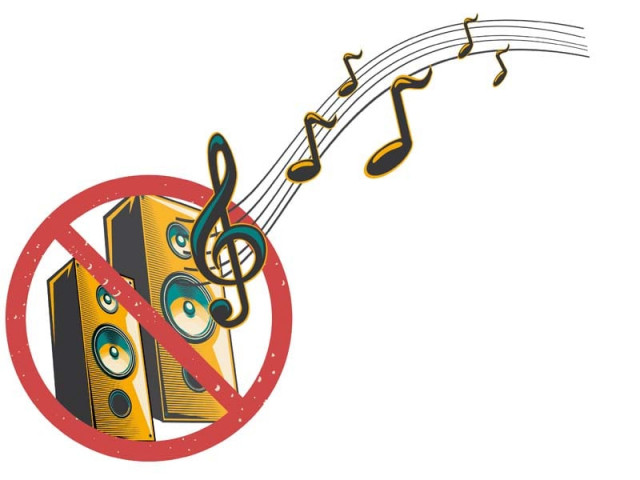
Folk singers say ban on loudspeakers
stifling festival, local music culture. DESIGN: SOBIA KHAN
They say artistes are a product of conditions. Where conflicts, distress and restrictions enable their production, there is the stage, neon lights and roaring crowds that make them stars. Pakistan holds the uniqueness of seeing plenty of both. But then there are those, deeply embedded in the mundane who entertain rural crowds: street and festival musicians and folk artistes for whom the connection with people and their roots means everything.
Pakistan’s rural areas have a music festival subculture of their own. Giants such as Alam Lohar, Tufail Niazi, Shaukat Ali and Pathanay Khan were all bred in this very environment. The equipment may be modest and the sound arrangement humble but these concerts are a vital source of entertainment for the people and an arena for regional artistes to test their weapons.
Lambi Judai: Reshma gone and also forgotten?

In the aftermath of the harrowing Army Public School attack in Peshawar, the government attempted to revisit all areas of public life in a bid to uproot terror from the very social fabric. In the process of doing this, it came down hard on the use of loudspeakers. Its intended purpose might have been different but the action has deeply affected music festivals where singing folk tunes into the night is a practice that goes back many years.
Folk singer, Naseebo Lal, feels that instead of implementing laws like these, the government should itself facilitate those who partake in such festivals. “Earlier, we used to sing all night long and the people would sit and listen. Instead of banning the use of loudspeakers, the government should support people like us,” she said.
These festivals also include urs celebrations at shrines of different saints. They have been organised for centuries and the loudspeaker legislation has affected them as well, as pointed out by singer Nasir Beraj Mehdi. “The younger lot is suffering more because these festivals and urs celebrations give them a chance to portray their talent in front of large audiences,” he adds.
Preserving tradition: Directorate of Culture holds tappa contest across province
Shabbu Lohar is another popular singer whose livelihood is tied to these festivals. Talking to The Express Tribune, he says government apathy in general and the loudspeaker laws have stifled the festival music culture. “How can you conserve your music culture if you close down its very nurseries?” he asks. Although Indian film music has taken over most aspects of entertainment, Lohar says hundreds of such occasions are still part of their rural culture and regional singers like Hans Raj Hans, Gurdas Maan and Daler Mehndi still perform at these events. “I have myself seen giants such as Nusrat Fateh Ali Khan sing at music festivals but now that is no more the case.” The bleak conditions are not just limited to the Punjab, says Lohar. “Even in Sindh, it is the same. The time of Allan Faqir, Shazia Khushk and Khamesu Khan is long gone.”
According to Lohar, while it is extremely difficult for folk singers to break into the mainstream, the government has snatched whatever little opportunity they had to showcase their talent and make ends meet. “We used to dominate Punjabi folk. But today in our villages the people prefer the music of Indian folk artistes,” he maintains.
When approached for a comment, Pakistan Muslim League-Nawaz Cultural Wing Vice President Altaf Bajwa said, “The loudspeaker laws were implemented in order to curb sectarian violence. Artists were never stopped ... They can use loudspeakers after securing permission from the police.”
Published in The Express Tribune, January 25th, 2016.
Like Life & Style on Facebook, follow @ETLifeandStyle on Twitter for the latest in fashion, gossip and entertainment.


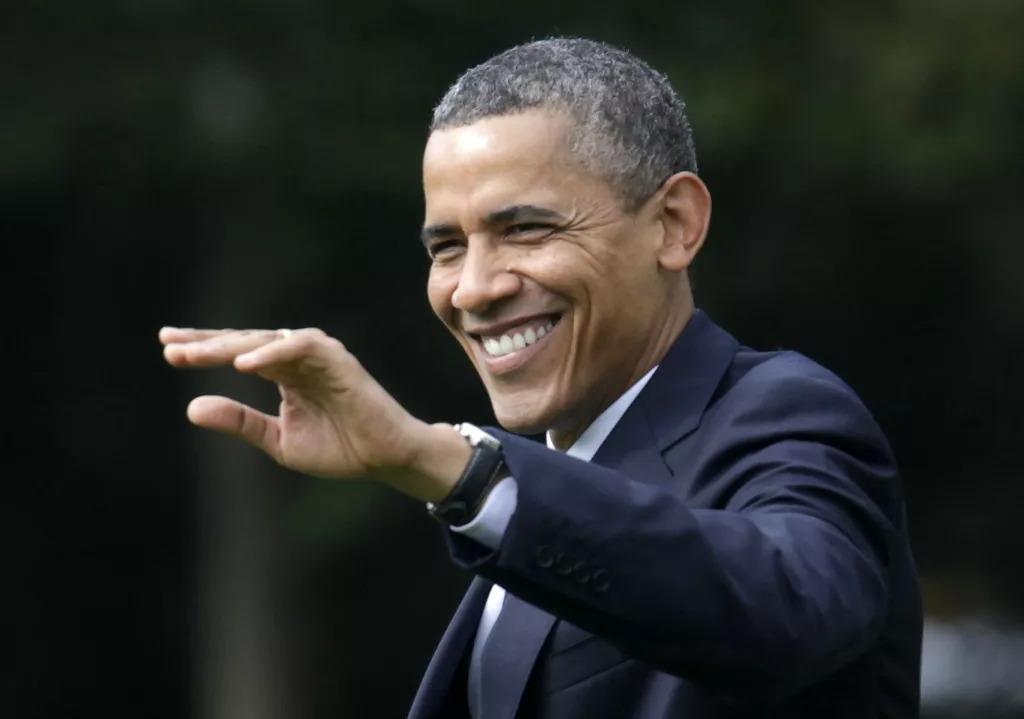

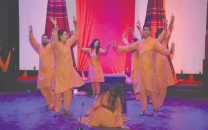
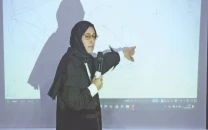
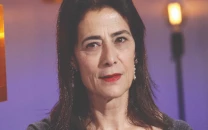












COMMENTS
Comments are moderated and generally will be posted if they are on-topic and not abusive.
For more information, please see our Comments FAQ